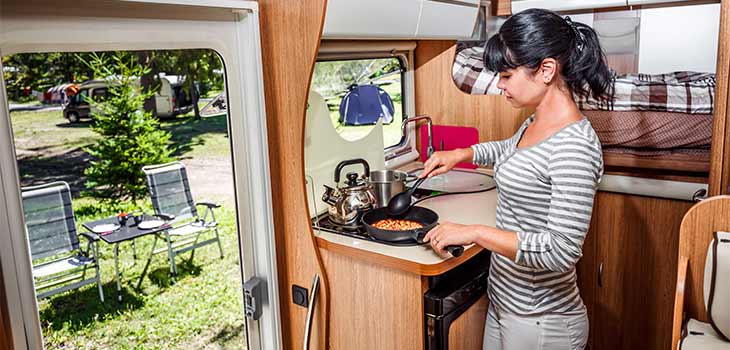11 Ways to Decide if Tiny House Living is for You

3) Simplicity vs. Luxury
Going from a traditional house to a tiny house comes with many lifestyle changes. So before deciding, you need to consider how well you can deal with a much simpler existence. Though many regular-sized houses are not considered especially luxurious, they are larger in comparison to tiny homes. Having a simple life can be beneficial because it can reduce your stress, responsibilities, and expenses. You can eliminate unnecessary clutter from your life in this way. However, if you feel that you need everything that you currently own, scaling down will be difficult. Much of this relates to what you are accustomed to. If you grew up with a life of luxury, it can be much more difficult to simplify. If you are used to working with virtually only what you need, a tiny house may suit you well.
